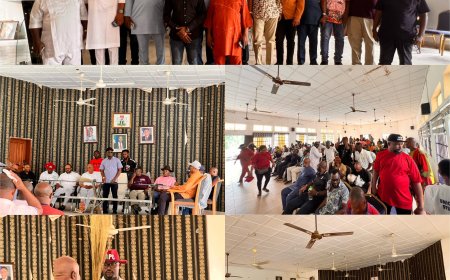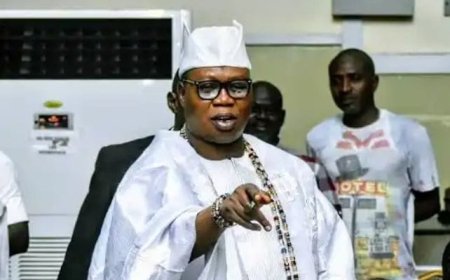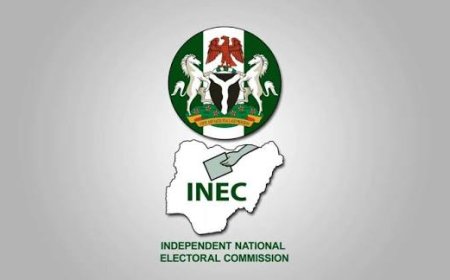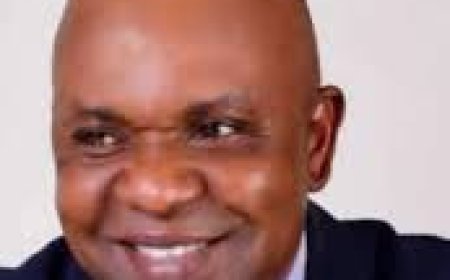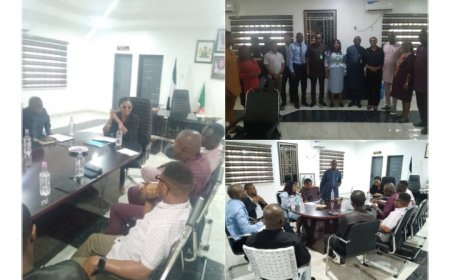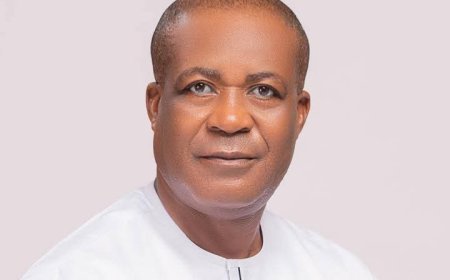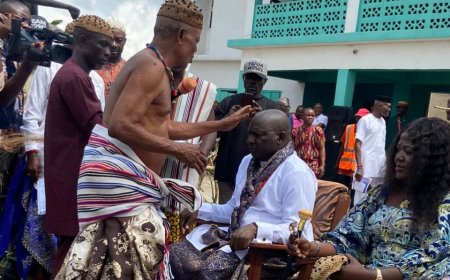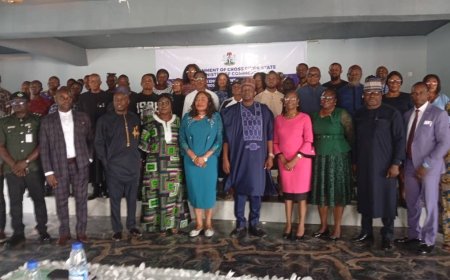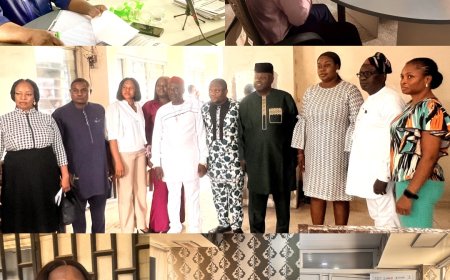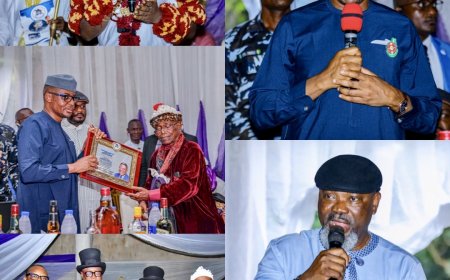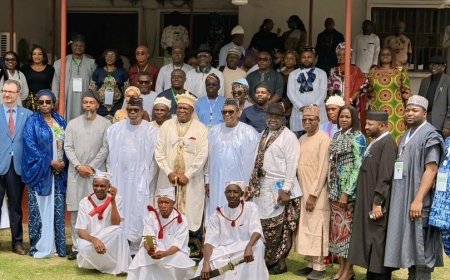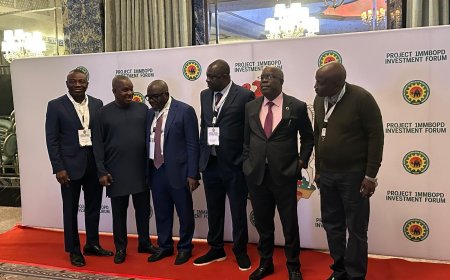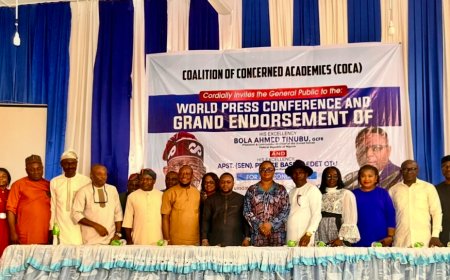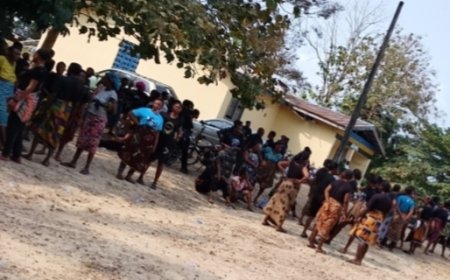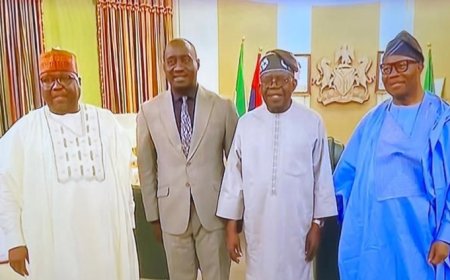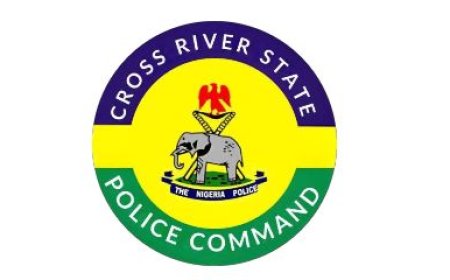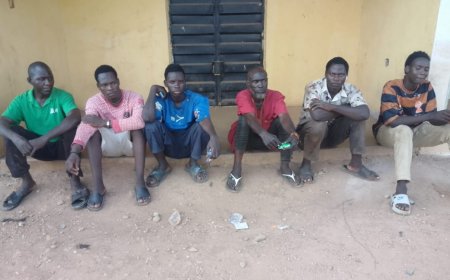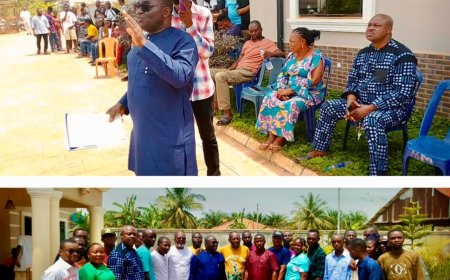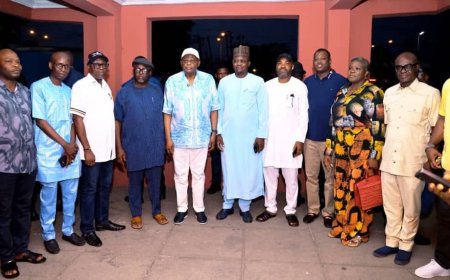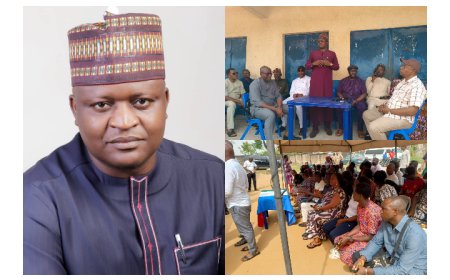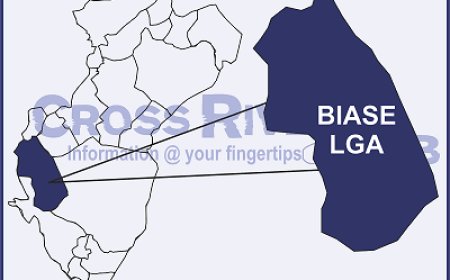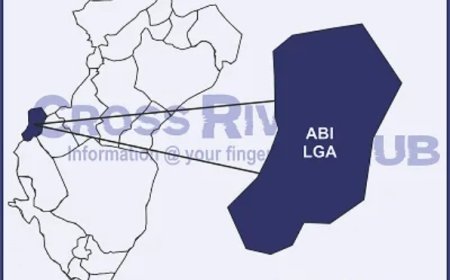Cross River Stakeholders Advocate Creation of Local Gov’t Revenue Committees to Drive Tax Reform
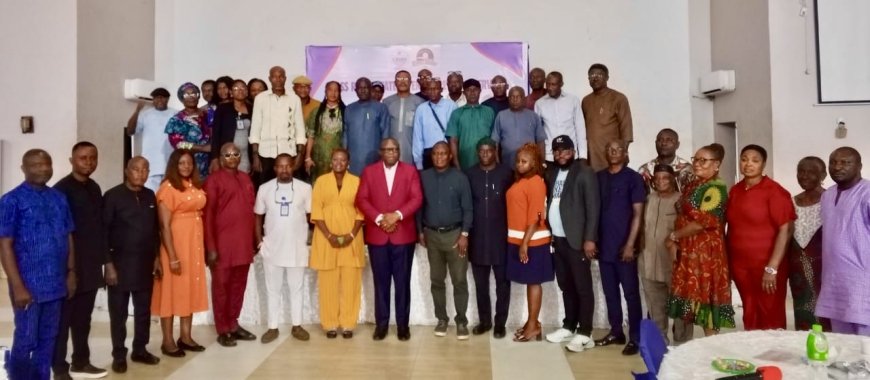
By Ebi COLLINS
Stakeholders in Cross River State’s revenue sector have reached a unanimous agreement to establish Local Government Revenue Committees (LGRCs) across all 18 local government areas. The initiative represents a decisive move toward strengthening tax administration at the grassroots level and ensuring the smooth implementation of the Nigerian Tax Administration Act (NTAA) 2025, recently signed into law.
The resolution was the central outcome of the Joint State Revenue Committee (JOSREC) meeting and training held on Tuesday, October 28, 2025, in Calabar, under the theme “Ensuring Effective Implementation of Tax Reforms: The Local Government Perspective.”
The event convened major players in the state’s tax ecosystem, including the Executive Chairman of the Cross River Internal Revenue Service (CRIRS), Prince Edwin Okon; the Federal Road Safety Corps (FRSC) Sector Commander, Corps Commander Innocent Tommy; the Representative of the Commissioner for Local Government Affairs, Hon. Felix Idem; as well as Local Government Supervisors of Finance, Revenue Officers, and tax professionals.
The creation of the LGRCs, as stipulated in Section 93 of the Nigerian Tax Administration Act, is expected to streamline revenue collection and promote a unified tax structure across the state. The move also seeks to curb multiple taxation and enhance compliance among taxpayers.
Speaking at the event, Prince Edwin Okon, who doubles as the CRIRS Chairman and JOSREC head, emphasized that the state’s reforms are designed to align with the federal government’s broader tax policy. He noted that the new framework would take effect in January 2026 and aims to reduce the tax burden on low-income earners while improving efficiency in revenue administration.
“What we’re doing at the state level is cascading what has been done at the national level to address areas that affect us as a state,” Okon explained. “We want to reduce the tax burden on Cross Riverians. Those earning ₦800,000 and below annually will be exempt from personal income tax. Our focus will shift to high-net-worth individuals, who will be our primary target.”
Prince Okon called for sustained collaboration among all stakeholders to ensure the successful implementation of the reform. “Effective implementation will foster a more efficient and transparent tax system that benefits all levels of government and, ultimately, the Nigerian people,” he stated.
Delivering an overview of the Nigerian Tax Reform Act, the lead facilitator, Dr. Esien Ukorebi, a tax consultant and former CRIRS Chairman, highlighted the expanded responsibilities now placed on local governments.
According to him, the new law requires a more transparent, accountable, and organized approach to tax administration at the local level. “The new tax law allocates substantial responsibilities to local government administrations, and it’s quite robust. Local governments must now be more transparent, more accountable, and enforce the tax law as much as possible to strengthen internally generated revenue,” he said.
Dr. Ukorebi expressed optimism about the long-term impact of the reforms, noting that automation will significantly improve revenue generation. “With the automation provisions prescribed by the law, local governments will generate more revenue. Increased revenue means more infrastructure and visible dividends of governance at the grassroots,” he added.
Among the other key resolutions adopted at the meeting were the training of local government revenue officers on the new tax law, the introduction of electronic filing and payment systems to simplify tax processes, and the implementation of robust public sensitization campaigns to raise awareness and promote compliance.
